News
+ more news
GLODAPv2.2022 data product released!
Wednesday, 17 August 2022
On behalf of the GLODAP Reference Group, and hundreds of seagoing oceanographers that tirelessly have collected data all over the ocean, we are happy to announce the publication of GLODAPv2.2022.
The Global Ocean Data Analysis Project (GLODAP, www.glodap.info) data product provides access to quality controlled surface to bottom ocean biogeochemical data, with an emphasis on seawater inorganic carbon. GLODAPv2.2022 is an update of the previous version. GLODAPv2.2022 includes measurements from more than 1.4 million water samples from the global oceans collected on 1085 cruises. The data for the 13 core variables have undergone extensive quality control, especially systematic evaluation of bias. Data are available at https://www.nodc.noaa.gov/ocads/oceans/GLODAPv2_2022/
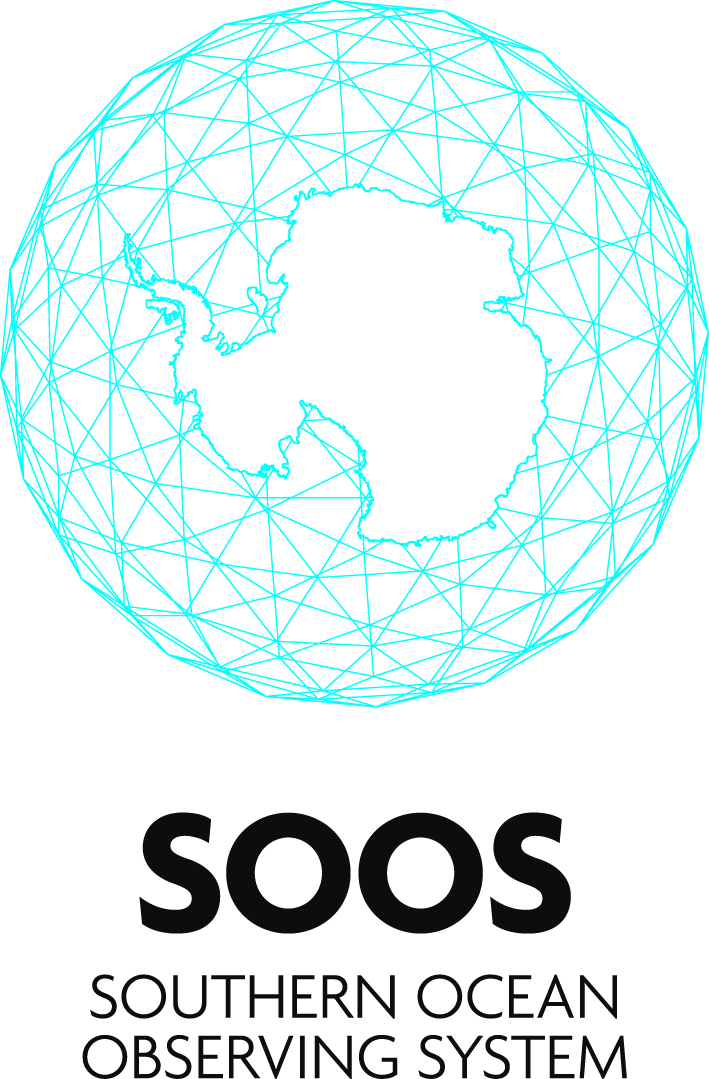
Southern Ocean Observing System 2021-2025 Science & Implementation Plan
Thursday, 11 August 2022
The Southern Ocean Observing System (SOOS) announced the official publication of its new Science and Implementation Plan for the time period spanning from 2021-2025. The document articulates the scientific priorities for SOOS through the identification of key gaps in the observational network and by identifying the priorities in addressing these gaps. This Plan covers the five year period 2021-2025, with emphasis on the capabilities required to support data collection and delivery, and the objectives and actions that SOOS will implement. The plan was developed by the SOOS community with extensive input from the broader Southern Ocean community. The plan has undergone international review and was approved by the SOOS's governing bodies, SCAR and SCOR.

Call for Applications for an Early-Career Scientist to Join the SCOR Executive Committee
Thursday, 11 August 2022

Registration open for 2022 SCOR Annual Meeting
Thursday, 11 August 2022
We would like to let you know that registration is open for the 2022 SCOR Annual Meeting which is taking place on 4-6 October 2022 at the Hotel Paradise in Busan, Korea, and online. The purpose of the SCOR Annual Meetings is to make it possible for national SCOR committees and partner organizations to learn of SCOR accomplishments in the past year, to oversee the work of SCOR, and to approve new working groups and the SCOR budget for the coming year. SCOR meetings also provide an opportunity for international marine science projects and organizations to provide updates about their current work and plans for the future.
SCOR annual meetings are open to any participant and there is no registration fee. Follow the meeting website link to access a link for registering, as well as additional information related to the event including logistics and the reports of activities from the SCOR Working Groups and Projects.

SCOR WG154 report "Recommendations for Plankton Measurements on OceanSITES Moorings With Relevance to Other Observing Sites"
Wednesday, 03 August 2022
We are happy to let you know about a new publication from SCOR WG 154 P-OBS (Integration of Plankton-Observing Sensor Systems to Existing Global Sampling Programs; https://scor-int.org/group/154/). In "Recommendations for Plankton Measurements on OceanSITES Moorings With Relevance to Other Observing Sites" the authors provide motivation for augmenting existing time-series sites with biological measurements by presenting relevant science questions, reviewing existing technology, backed up with examples of time-series sites already deploying some of those technologies. Focus is placed on the OceanSITES network for long-term (climate) time series stations in the open ocean and opportunities for coordinating the network's expansion onto more biological measurements. Implementing the recommendations provided in the report would address significant gaps in our capacity to observe several EOVs such as Particulate Matter and Phytoplankton Biomass & Diversity among others, as well as the corresponding ECVs and EBVs.
Please cite the report as follows:
Boss E, Waite AM, Karstensen J, Trull T, Muller-Karger F, Sosik HM, Uitz J, Acinas SG, Fennel K, Berman-Frank I, Thomalla S, Yamazaki H, Batten S, Gregori G, Richardson AJ and Wanninkhof R (2022) Recommendations for Plankton Measurements on OceanSITES Moorings With Relevance to Other Observing Sites. Front. Mar. Sci. 9:929436. doi: 10.3389/fmars.2022.929436
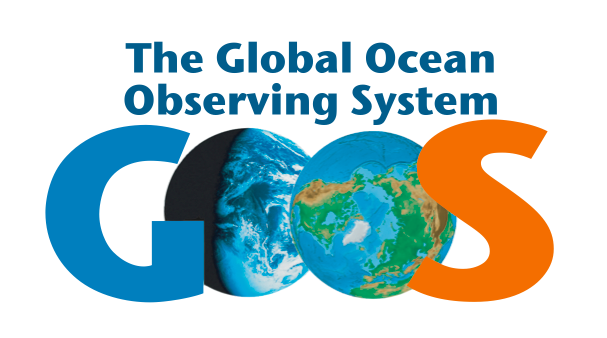
Global Ocean Observing System Update - July 2022
Wednesday, 03 August 2022
We are happy to share with you that the latest July 2022 GOOS Update has been released. The newsletter is packed with several new exciting announcements our team is delighted to share, as well as a roundup of the highlights of GOOS activity from the recent UN Ocean Conference in Lisbon, including the official side event on marine litter monitoring co-organised by IOCCP. In addition, it contains a forward look to new series of exchanges - Dialogues with Industry - starting in September, that will discuss the barriers and opportunities to more efficient industry participation in the sustained Global Ocean Observing System.
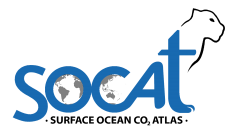
SOCAT version 2022 released
Wednesday, 15 June 2022
We are excited to announce the release of Surface Ocean CO2 Atlas (SOCAT) version 2022 which is now available via www.socat.info. The ocean absorbs a quarter of the global CO2 (carbon dioxide) emissions from human activity. The community-led Surface Ocean CO2 Atlas (www.socat.info) is key for the quantification of ocean CO2 uptake and its variation, now and in the future.
SOCAT version 2022 has quality-controlled in situ surface ocean fCO2 (fugacity of CO2) measurements made on ships, moorings, autonomous and drifting surface platforms for the global ocean and coastal seas from 1957 to 2021. The main SOCAT synthesis and gridded products contain 33.7 million fCO2 values with an estimated accuracy of < 5 μatm. A further 6.4 million fCO2 sensor data with an accuracy of 5 to 10 μatm are separately available. SOCAT is used for quantification of ocean CO2 uptake and ocean acidification and for evaluation of climate models and sensor data. The SOCAT synthesis products are a crucial step in the value chain based on in situ inorganic carbon measurements of the ocean, which provides policy makers with vital information in climate negotiations. The need for accurate knowledge of global ocean CO2 uptake and its variation makes sustained funding of in situ surface ocean CO2 observations and their synthesis imperative.
Please see the SOCATv2022 release poster for more information. Thank you to everyone who has contributed to the timely, annual release of SOCATv2022!
Approaching abstract submission deadlines for SOLAS Open Science Conference & 7th Argo Science Workshop
Thursday, 09 June 2022
We would like to bring your attention to two events with looming deadlines for abstract submission: 20 June for the 8th SOLAS Open Science Conference, and 15 June for the 7th Argo Science Workshop.

The 2022 Call for POGO-SCOR Fellowships is open!
Thursday, 21 April 2022
The Partnership for Observation of the Global Ocean (POGO) and the Scientific Committee on Oceanic Research (SCOR) are pleased to announce that the POGO-SCOR Visiting Fellowship programme for 2022 is now open for applications. The scheme is designed to promote training and capacity development, leading towards a global observation scheme for the oceans, and is aimed at scientists, technicians, graduate students (preferably PhD) and post-doctoral fellows involved in oceanographic work at centres in developing countries and countries with economies in transition. Priority is given to applicants in the early stages of their career development. The fellowship offers the opportunity to visit other oceanographic centres for a short period (1 to 3 months) for training on aspects of oceanographic observations, analyses, and interpretation. It provides financial support to cover the return airfare from the fellow's home country to the host institution, and a contribution towards accommodation and subsistence for the period of the visit.
The deadline for applications is 8 May 2022. All applications should be made through the application portal which will open on the 30 of April. For more information and details on how to apply please see:
https://pogo-ocean.org/capacity-development/pogo-scor-fellowship-programme/
Please e-mail This email address is being protected from spambots. You need JavaScript enabled to view it. should you have any queries and feel free to circulate this announcement to anyone you think might be interested.
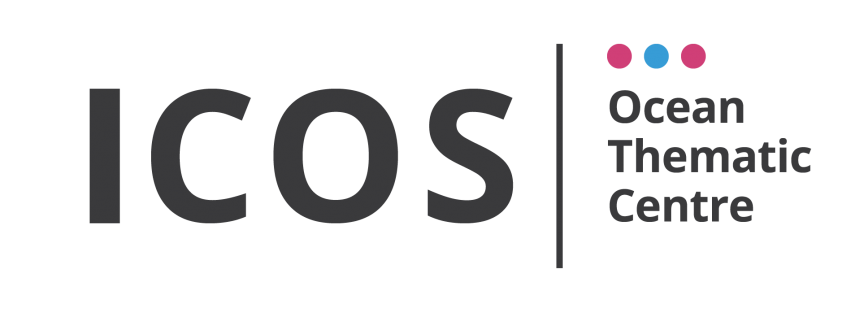
ICOS Science Conference abstract submission deadline extended until the 25th of April, 2022.
Thursday, 14 April 2022
This is to let you know that the ICOS Science Conference abstract submission deadline has been extended until the 25th of April, 2022. When submitting your abstract you need to choose which session the conference presentation is intended for. The full list of sessions can be viewed on the conference website: www.icos-ri.eu/sc2022. We especially encourage you to consider contributing the sessions focused on ocean carbon observations such as:
- B2:"The value chain of (surface) ocean CO2 measurements" by Steinhoff, Bakker, Grkitzalis, Lauvset and Olsen
- B3: "New developments in estimates of the ocean sink for CO2" by Watson & Hartman
- C4: "New developments in mapping regional CO2 fluxes" by Becker & Bittig
The submitted abstracts will undergo double-anonymous evaluation process offering a great opportunity to shine a spotlight on your research topic, whether you are an established researcher, an early career scientist or a PhD student. If you have any questions, contact us at This email address is being protected from spambots. You need JavaScript enabled to view it..
The IOCCP promotes the development of a global network of ocean carbon observations for research through technical coordination and communication services, international agreements on standards and methods, and advocacy and links to the global observing systems. The IOCCP is co-sponsored by the Scientific Committee on Oceanic Research and the Intergovernmental Oceanographic Commission of UNESCO. Read more…
Calendar
|
|
IOCCP meetings, IOCCP-related meetings as well as events related to a wider scope in marine biogeochemistry. |



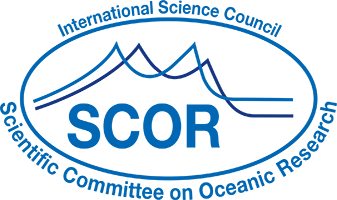

 Please wait...
Please wait...